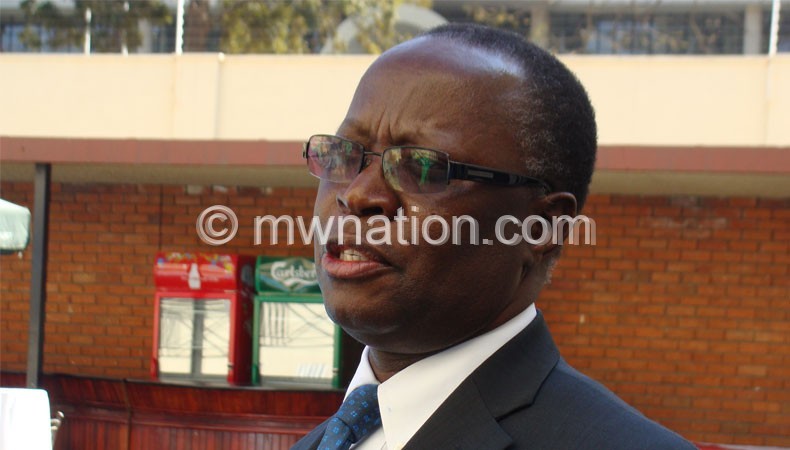Inflation fall slows, now at 22.5 percent
Inflation rate fell by only 0.1 percentage point to 22.5 percent in June, according to the National Statistical Office (NSO), creating fears that the Consumer Price Index (CPI) might start rising soon.
According to NSO Stats Flash, headline inflation for June 2014 stood at 22.5 percent compared to 27.9 percent in June last year.

However, on a month-to-month basis, in June the rate fell by 0.1 percentage point after falling by 1.3 percentage points in May.
According to NSO, the urban rate fell to 29.9 from 30.2 percent while the rural rate declined to 18.5 percent from 18.9 percent in May.
Authorities and analysts anticipate a fall in inflation due to especially a fall in food prices.
According to the recent Monetary Policy Committee (MPC) minutes, pressures on inflation subsided on account of a decline in both non-food and food prices.
The committee noted that based on this trend inflation is expected at 20.5 percent in December 2014.
The MPC however noted that the deceleration in inflation could have been faster had the Automatic Pricing Mechanism for fuel (APM) been implemented consistently.
On July 4 the Malawi Energy Regulatory Authority (Mera) announced that it had maintained the prices of petroleum products, maintaining prices that were last revised in February although the kwacha has been appreciating.
Mera has since February maintained the price of petrol at K839 per litre, diesel K853.40 per litre, and paraffin at K719.30 per litre.
The MPC, during the last meeting, however, noted that the projected relative stability in the exchange rate and consistent application of the APM are expected to augment the favourable outlook for inflation.
Last week, the International Monetary Fund (IMF) mission which met President Peter Mutharika, Minister of Finance and Economic Planning and Development Goodall Gondwe, and Reserve Bank of Malawi (RBM) governor Charles Chuka noted that inflation has been declining gradually in recent months, but remains high at 22.6 percent in May.
The mission noted that the Cashgate and the associated loss of most budget support from Malawi’s development partners contributed to a sharp depreciation of the kwacha and a surge in inflation in the fourth quarter of 2013.
The IMF further noted that early this year, with the approach of the tobacco season, foreign currency inflows began to increase, strengthening both the level of international reserves and the exchange rate, while food prices moderated with an abundant harvest.





